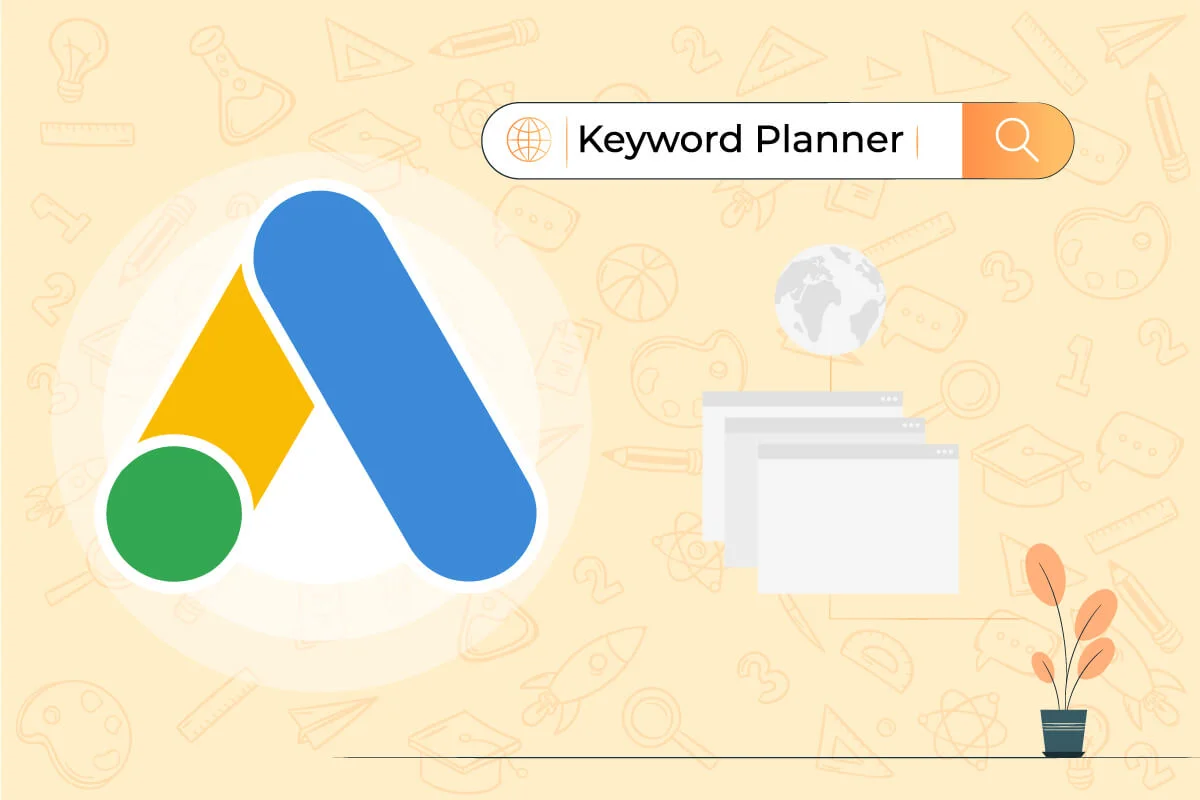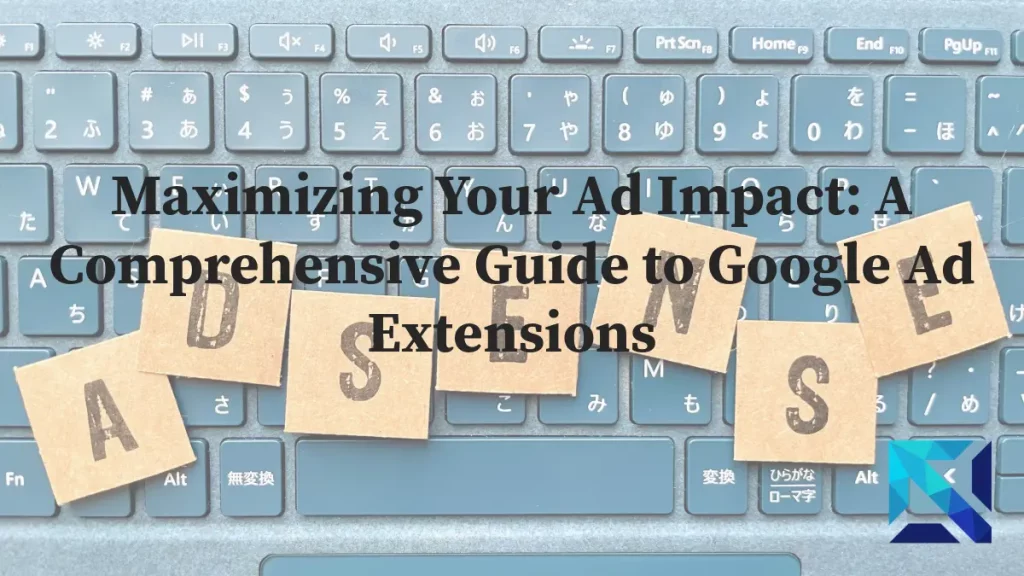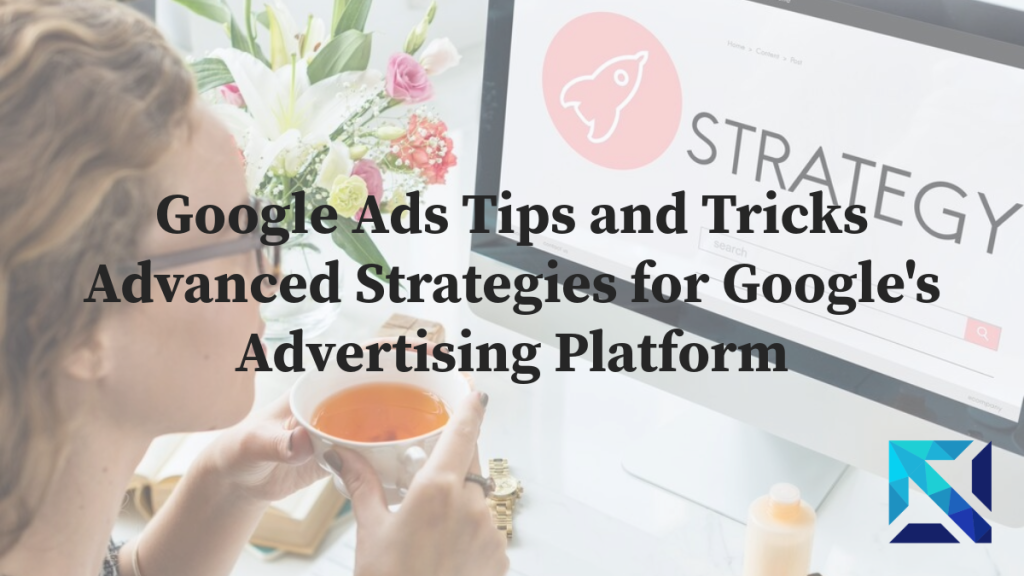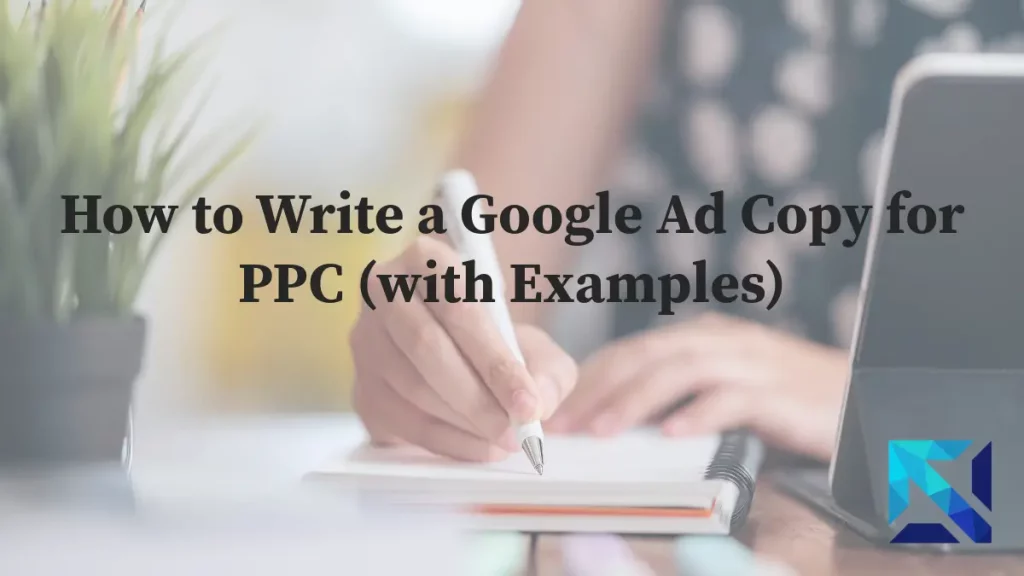Mastering PPC Bidding: Innovative Strategies for Budget Optimization
In the fast-paced world of digital marketing, Pay-Per-Click (PPC) advertising remains a cornerstone strategy for businesses looking to drive targeted traffic and conversions. At the heart of successful PPC campaigns lies the art and science of PPC bidding. This article delves deep into cutting-edge bidding strategies and budget allocation techniques that can transform your PPC efforts from good to extraordinary.
Understanding the Foundations of PPC Bidding
Before we dive into advanced strategies, let’s establish a solid foundation. PPC bidding is the process of setting the maximum amount you’re willing to pay for a click on your ad. It’s a delicate balance between attracting clicks and maintaining profitability. The landscape of PPC bidding has evolved dramatically over the years, from simple manual bidding to sophisticated AI-driven algorithms.
The Evolution of PPC Bidding
1. Manual Bidding: The original method where advertisers set bids for each keyword.
2. Automated Bidding: Platforms introduced rules-based automation to adjust bids based on specific criteria.
3. Smart Bidding: The current era, leveraging machine learning to optimize bids in real-time.
Understanding this evolution is crucial for appreciating the sophisticated tools at our disposal today.

Innovative PPC Bidding Strategies for 2024
As we move further into 2024, several innovative PPC bidding strategies are emerging as game-changers. Let’s explore these cutting-edge approaches that are redefining budget allocation and campaign performance.
1. Predictive Bidding with AI
Artificial Intelligence is revolutionizing PPC bidding by predicting future performance based on historical data and real-time market conditions. This strategy allows for:
– Dynamic bid adjustments before market changes occur
– Personalized bidding based on user behavior patterns
– Proactive budget allocation to high-potential keywords and ad groups
To implement predictive bidding:
1. Integrate AI-powered tools with your PPC platforms
2. Ensure you have robust historical data for the AI to analyze
3. Regularly review and refine AI predictions to improve accuracy
2. Contextual Bidding in a Cookie-less World
With the phasing out of third-party cookies, contextual bidding is making a powerful comeback. This strategy focuses on:
– Bidding based on the content of the page where ads appear
– Utilizing natural language processing to understand page context
– Adjusting bids in real-time based on content relevance
Implementing contextual bidding:
1. Develop a comprehensive list of contextually relevant topics
2. Use platforms that offer advanced contextual targeting options
3. Continuously refine your contextual categories based on performance data
3. Voice Search Optimization in PPC Bidding
As voice search continues to grow, adapting your PPC bidding strategy is crucial. Consider:
– Bidding on long-tail, conversational keywords
– Adjusting bids for “near me” searches
– Optimizing for question-based queries
To optimize for voice search:
1. Conduct voice search keyword research
2. Create separate campaigns or ad groups for voice search terms
3. Use natural language in your ad copy to match voice queries
4. Cross-Channel Bid Optimization
In 2024, successful PPC bidding isn’t just about optimizing within a single platform. Cross-channel bid optimization considers:
– The interplay between search, display, and social PPC campaigns
– Allocating budget based on the customer journey across channels
– Unified reporting and bidding strategies across platforms
Implementing cross-channel optimization:
1. Use tools that provide a holistic view of cross-channel performance
2. Develop attribution models that account for touchpoints across all channels
3. Adjust bids based on the synergistic effects of multi-channel exposure
Advanced Budget Allocation Techniques

Effective PPC bidding goes hand in hand with smart budget allocation. Here are some advanced techniques to maximize your PPC budget:
1. Dynamic Budget Allocation
Gone are the days of static monthly budgets. Dynamic budget allocation involves:
– Real-time budget shifts based on performance metrics
– Predictive allocation based on historical data and market trends
– Automated budget pacing to ensure consistent ad presence
To implement dynamic allocation:
1. Set up automated rules for budget adjustments
2. Use scripts or third-party tools for more complex allocation logic
3. Regularly review and refine your allocation criteria
2. Micro-Moment Budgeting
Capturing user intent at critical micro-moments can significantly boost ROI. This involves:
– Identifying key micro-moments in your customer’s journey
– Allocating higher budgets during these crucial decision-making points
– Tailoring ad copy and landing pages to specific micro-moments
Implementing micro-moment budgeting:
1. Conduct user research to identify critical micro-moments
2. Create separate campaigns or ad groups for each micro-moment
3. Use day-parting and geo-targeting to enhance micro-moment targeting
3. Performance-Driven Portfolio Approach
Treat your PPC campaigns like an investment portfolio:
– Allocate larger portions of your budget to high-performing “blue chip” keywords
– Invest a smaller percentage in experimental “high-risk, high-reward” campaigns
– Regularly rebalance your portfolio based on performance metrics
To adopt a portfolio approach:
1. Categorize your campaigns based on risk and potential return
2. Set target allocation percentages for each category
3. Use automated rules to maintain your desired portfolio balance
Tools and Technologies for PPC Bidding
To stay ahead in the PPC bidding game, leveraging cutting-edge tools is crucial. Here are some innovative technologies reshaping PPC bidding:
1. Automated Bid Landscaping
These tools provide a visual representation of potential impressions, clicks, and conversions at different bid levels. They help in:
– Identifying sweet spots for optimal bidding
– Forecasting performance changes with bid adjustments
– Making data-driven decisions on budget allocation
2. Natural Language Processing (NLP) for Keyword Analysis
NLP tools are revolutionizing keyword research and bid optimization by:
– Analyzing search intent beyond simple keyword matching
– Identifying semantic relationships between search queries
– Suggesting bid adjustments based on query context and user intent
3. Predictive Analytics Platforms
These advanced platforms use machine learning to:
– Forecast campaign performance under various bidding scenarios
– Suggest optimal budget distribution across campaigns and ad groups
– Identify potential market shifts that could impact bidding strategy
5 Essential Tools for PPC Bidding
Here are 5 powerful tools that can significantly enhance your PPC bidding strategies:

- 1. Google Ads Keyword Planner:
Core functionality: Generates keyword ideas, estimates search volume, and provides competition data.
Benefits: Essential for discovering relevant keywords, setting bids effectively, and understanding keyword performance. - 2. SEMrush:
Core functionality: Offers comprehensive keyword research, competitor analysis, and backlink auditing.
Benefits: Helps identify high-performing keywords, understand competitors’ strategies, and optimize your PPC campaigns. - 3. Ahrefs:
Core functionality: Provides in-depth backlink analysis, keyword research, and competitor analysis.
Benefits: Helps you identify opportunities to improve your website’s authority and discover new keyword targets. - 4. Optmyzr:
Core function: Provides automated optimization recommendations for Google Ads campaigns.
Benefits: Reduces manual effort and helps you identify areas for improvement. - 5. PPC Hero:
Core functionality: Offers a suite of tools for PPC campaign management, including keyword research, ad copy testing, and performance analysis.
Benefits: Streamlines your PPC workflow and helps you optimize campaigns for maximum ROI.
Overcoming Common PPC Bidding Challenges
Even with advanced strategies, PPC bidding comes with its share of challenges. Here’s how to address some common issues:
1. Bidding in Highly Competitive Markets
In saturated markets, innovative bidding strategies are crucial:
– Focus on long-tail keywords with lower competition
– Use ad scheduling to bid higher during peak conversion times
– Leverage quality score improvements to lower CPC while maintaining ad position
2. Balancing Volume and Profitability
Finding the right balance between traffic and ROI is an ongoing challenge:
– Implement tiered bidding strategies based on keyword profitability
– Use conversion value bidding to focus on high-value conversions
– Regularly adjust your target CPA or ROAS based on business goals
3. Adapting to Seasonal Trends
Seasonal fluctuations can wreak havoc on PPC performance:
– Develop year-round bidding calendars with planned adjustments
– Use historical data to predict and prepare for seasonal changes
– Implement automated bidding rules that adjust to seasonal patterns
Future Trends in PPC Bidding
As we look beyond 2024, several emerging trends are set to shape the future of PPC bidding:
1. Quantum Computing in PPC
While still in its infancy, quantum computing has the potential to revolutionize PPC bidding by:
– Processing vast amounts of data instantaneously
– Optimizing bids across millions of variables simultaneously
– Predicting market changes with unprecedented accuracy
2. Augmented Reality (AR) Bidding
As AR technology becomes more prevalent, PPC bidding will evolve to include:
– Bidding on AR placements in real-world environments
– Adjusting bids based on user interaction with AR elements
– Developing new metrics for measuring AR ad effectiveness
3. Emotional Intelligence in Bidding
Future PPC platforms may incorporate emotional intelligence to:
– Adjust bids based on the emotional state of the user
– Tailor ad copy and landing pages to emotional context
– Optimize for emotional engagement alongside traditional metrics
Conclusion: The Future of PPC Bidding is Now

As we’ve explored, the world of PPC bidding is rapidly evolving, driven by technological advancements and changing user behaviors. Success in this dynamic landscape requires a blend of strategic thinking, technological adoption, and continuous optimization.
By embracing innovative bidding strategies, leveraging advanced budget allocation techniques, and staying ahead of emerging trends, you can transform your PPC campaigns into powerful drivers of business growth. Remember, the most successful PPC practitioners are those who view bidding not as a set-it-and-forget-it task, but as an ongoing process of refinement and innovation.
As you implement these strategies, always keep your specific business goals and audience in mind. What works for one company may not work for another. Test, measure, and iterate to find the perfect PPC bidding strategy for your unique needs.
The future of PPC bidding is here, and it’s more exciting than ever. Are you ready to take your campaigns to the next level?
What is PPC bidding and how does it work?
PPC bidding is the process of setting the maximum amount you're willing to pay for a click on your ad in pay-per-click advertising. It works by entering your bid in ad auctions, where the highest bidders typically get better ad placements. Modern PPC bidding uses AI and machine learning to optimize bids in real-time based on various factors like user behavior, time of day, and device type.
What are the most effective PPC bidding strategies for 2024?
The most effective PPC bidding strategies for 2024 include predictive bidding with AI, contextual bidding in a cookie-less world, voice search optimization, and cross-channel bid optimization. These strategies leverage advanced technologies and changing user behaviors to maximize ad performance and ROI.
How can I optimize my PPC budget allocation?
Optimize your PPC budget allocation by implementing dynamic budget allocation, using micro-moment budgeting, and adopting a performance-driven portfolio approach. Use AI-powered tools to predict performance, allocate budgets in real-time based on performance metrics, and balance your spending across high-performing "blue chip" keywords and experimental campaigns.
What are the biggest challenges in PPC bidding and how can I overcome them?
The biggest challenges in PPC bidding include competing in highly competitive markets, balancing volume and profitability, and adapting to seasonal trends. Overcome these by focusing on long-tail keywords, implementing tiered bidding strategies based on keyword profitability, and developing year-round bidding calendars with planned adjustments for seasonal changes.
How is AI changing PPC bidding strategies?
AI is revolutionizing PPC bidding strategies by enabling predictive bidding, automating bid adjustments in real-time, personalizing bids based on user behavior patterns, and providing advanced analytics for better decision-making. AI-powered tools can process vast amounts of data quickly, allowing for more sophisticated and effective bidding strategies that human managers alone couldn't achieve.




